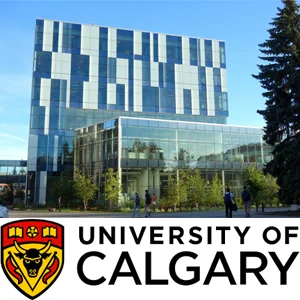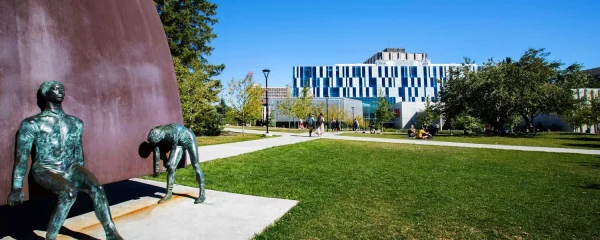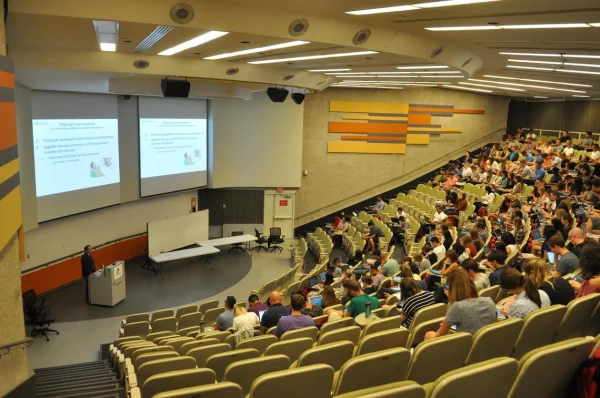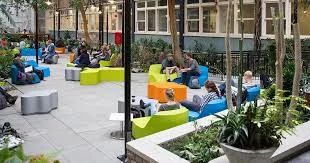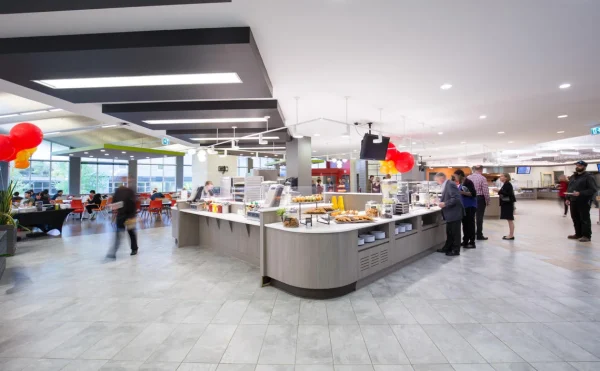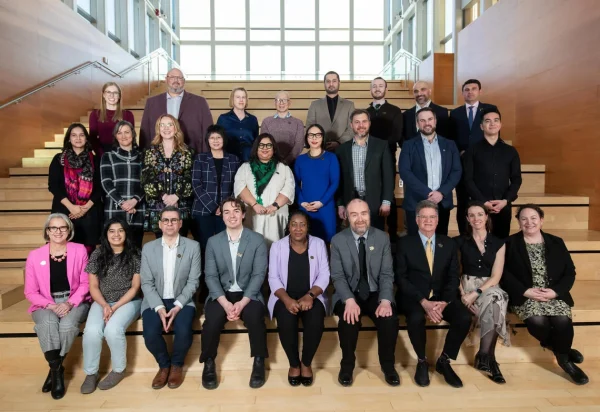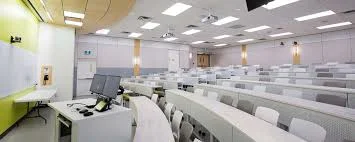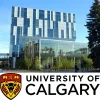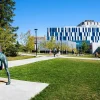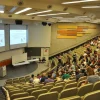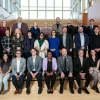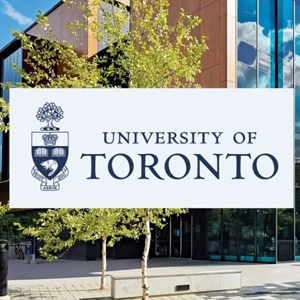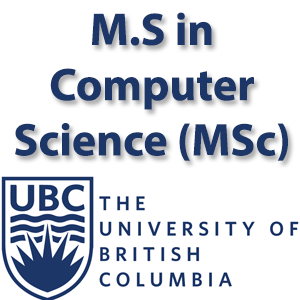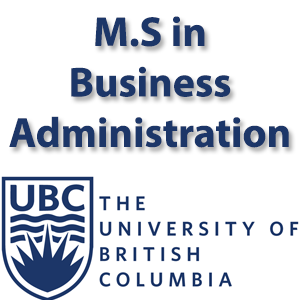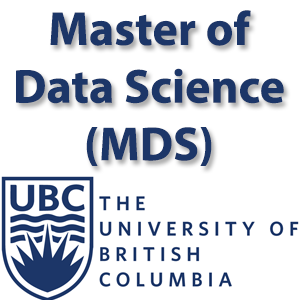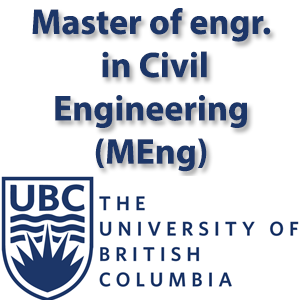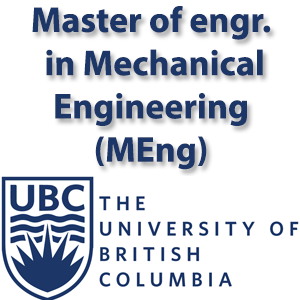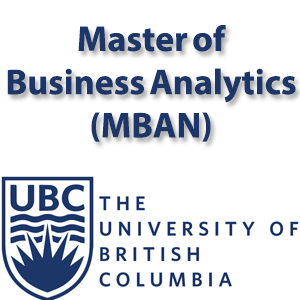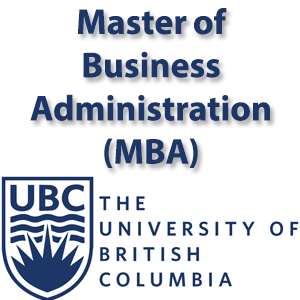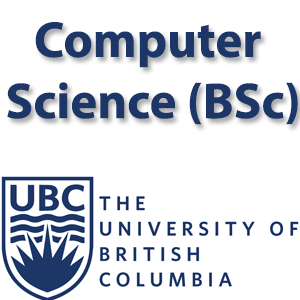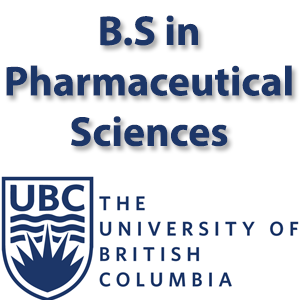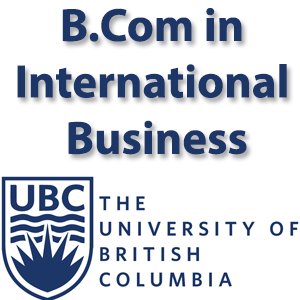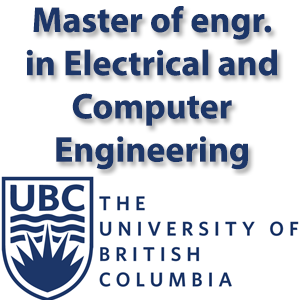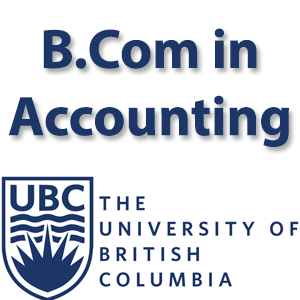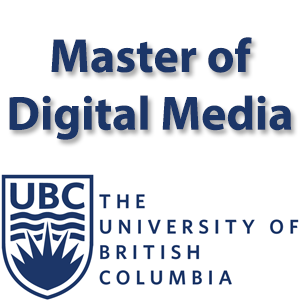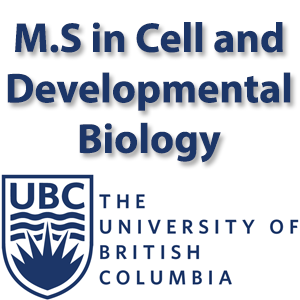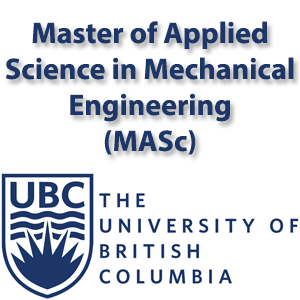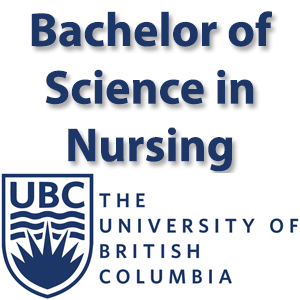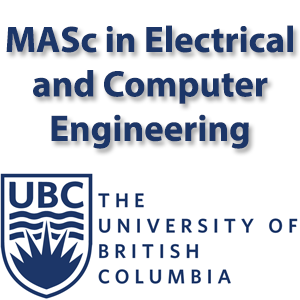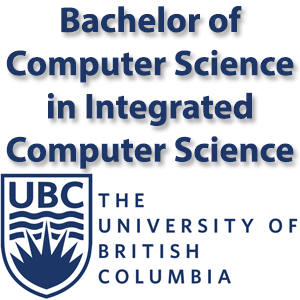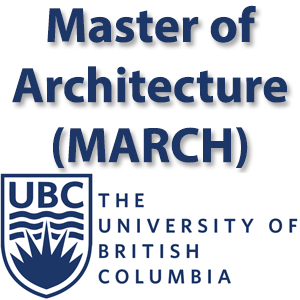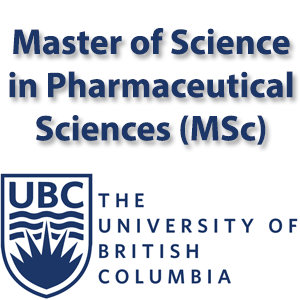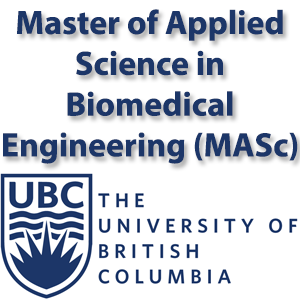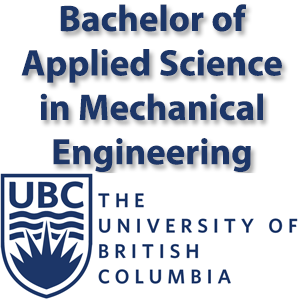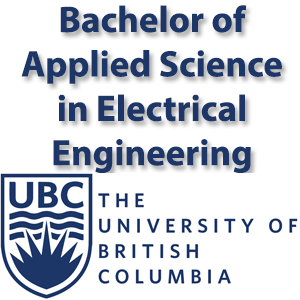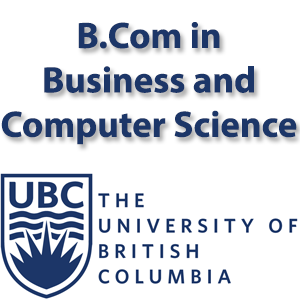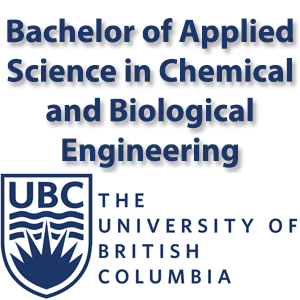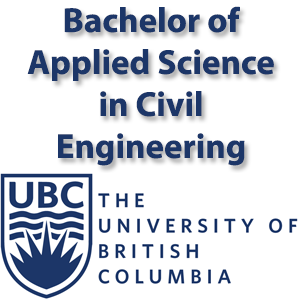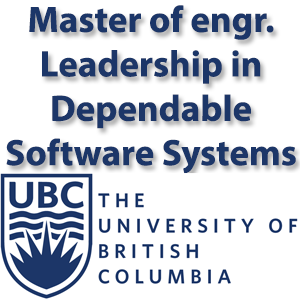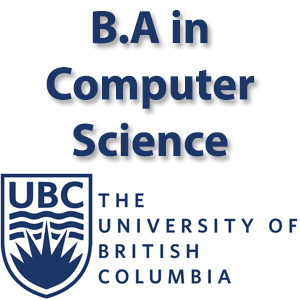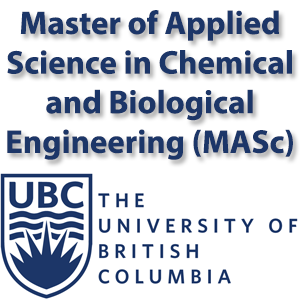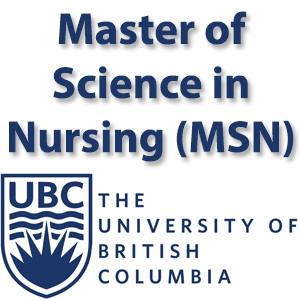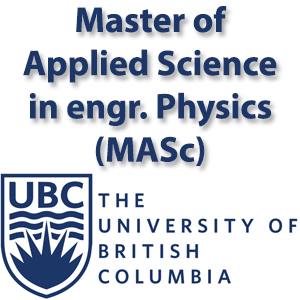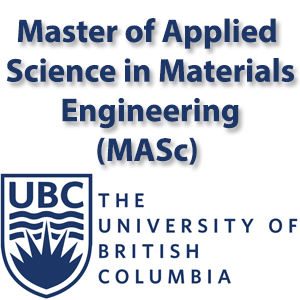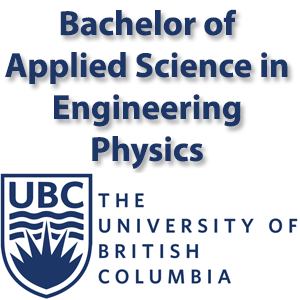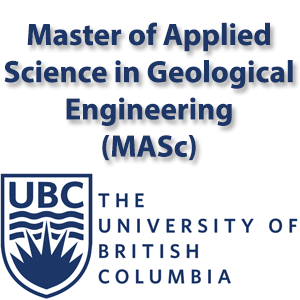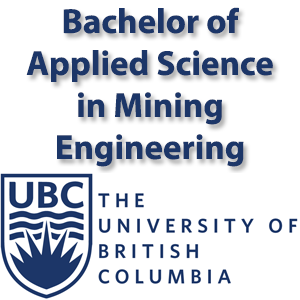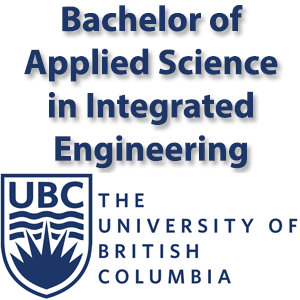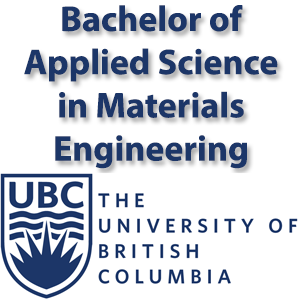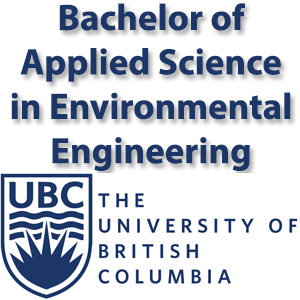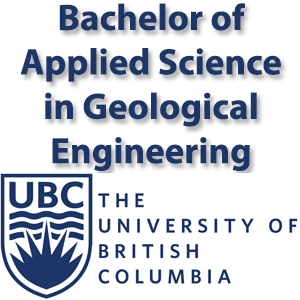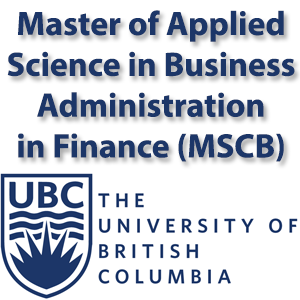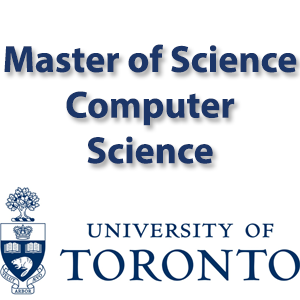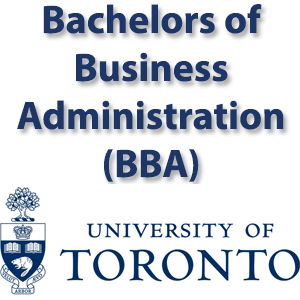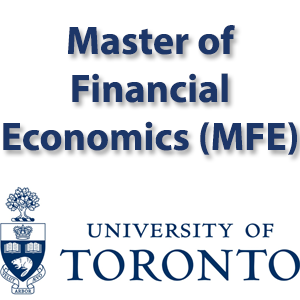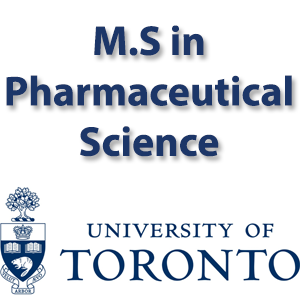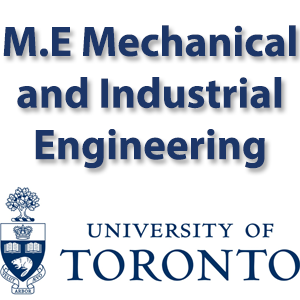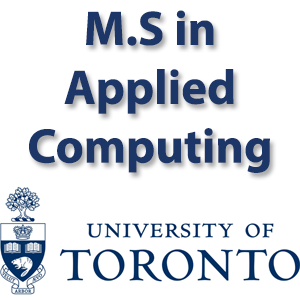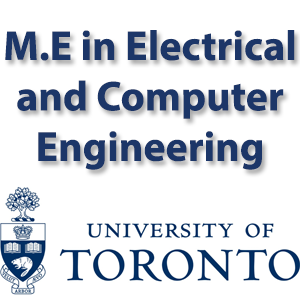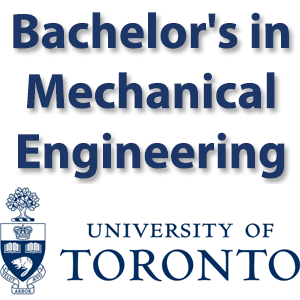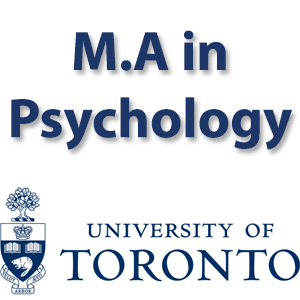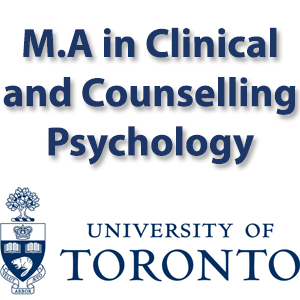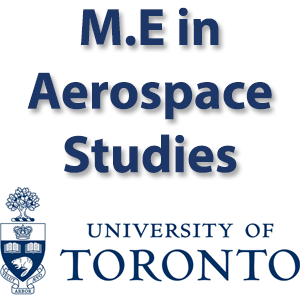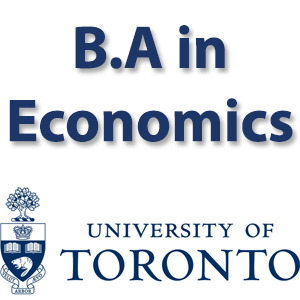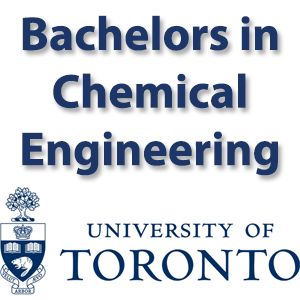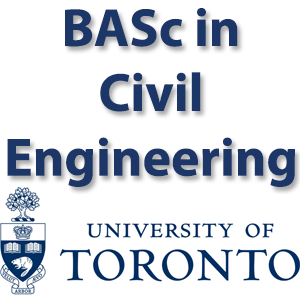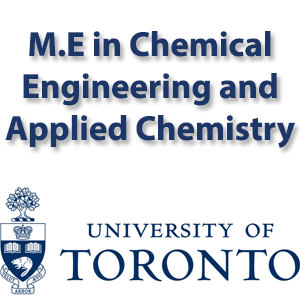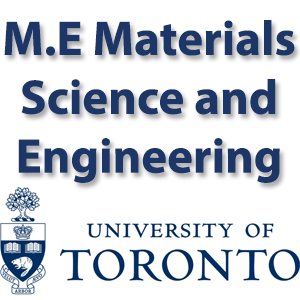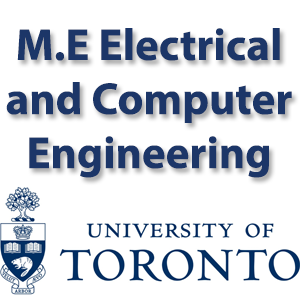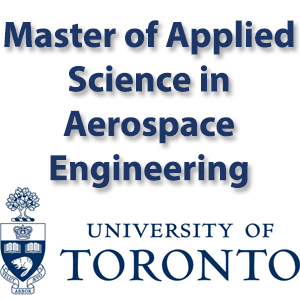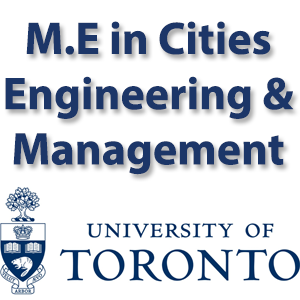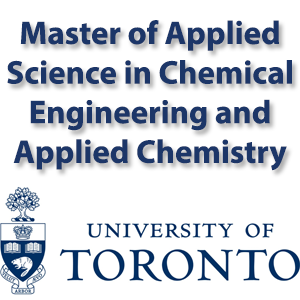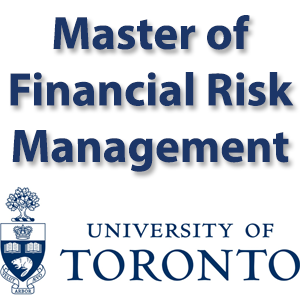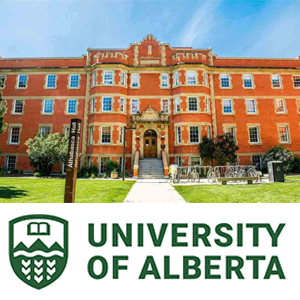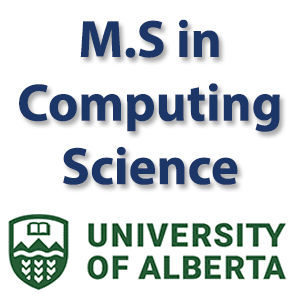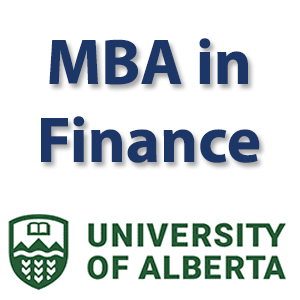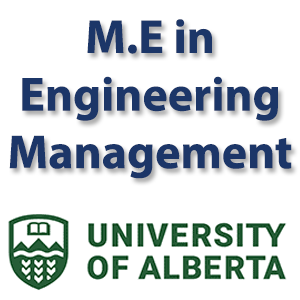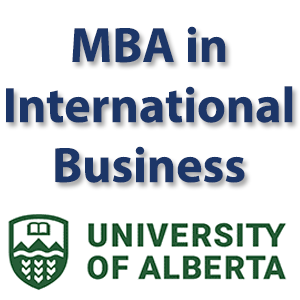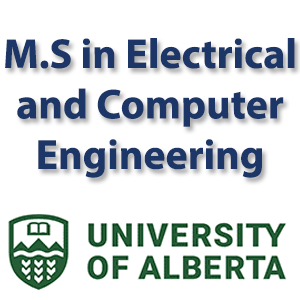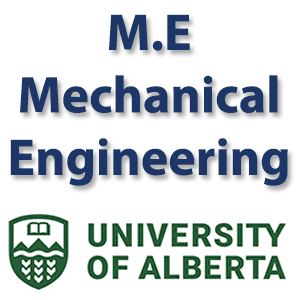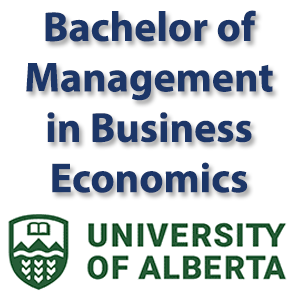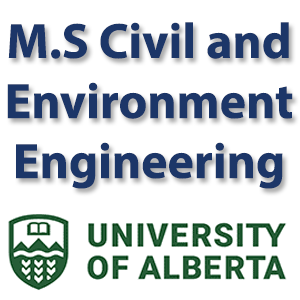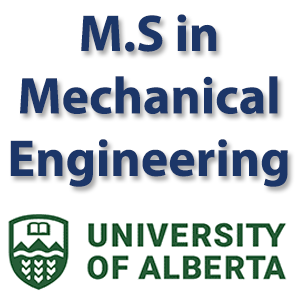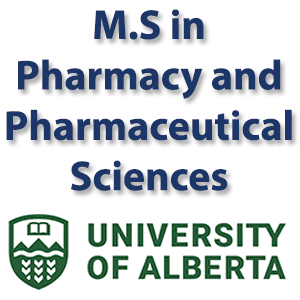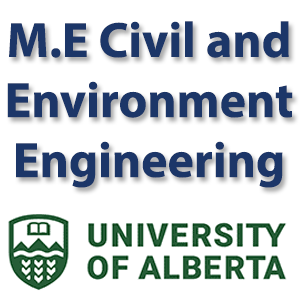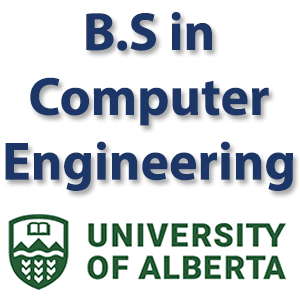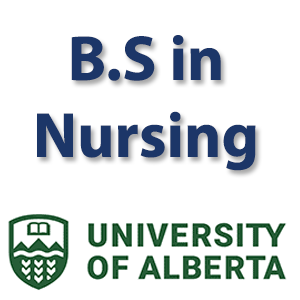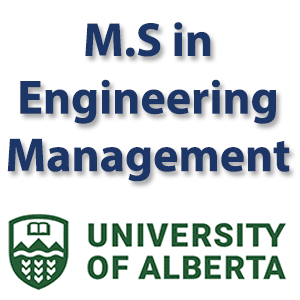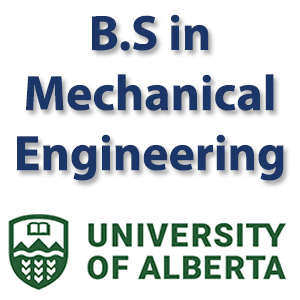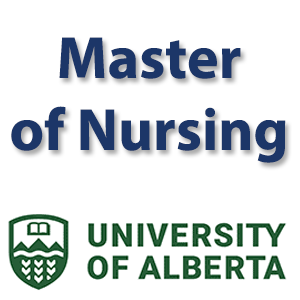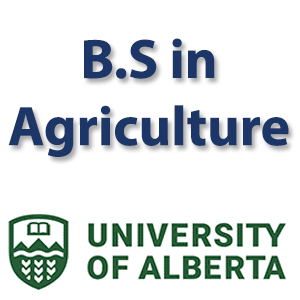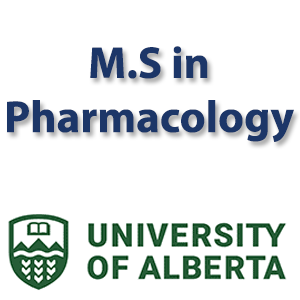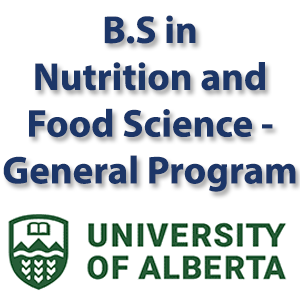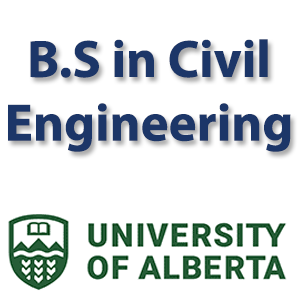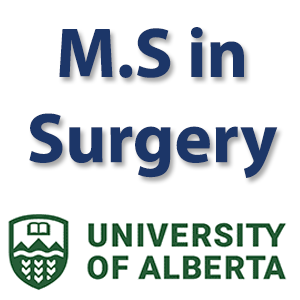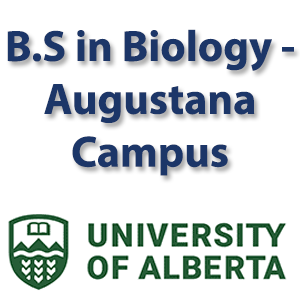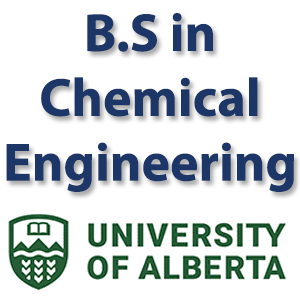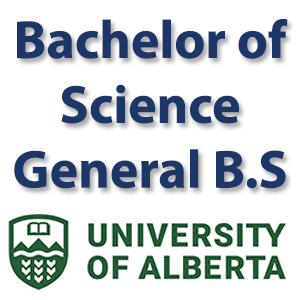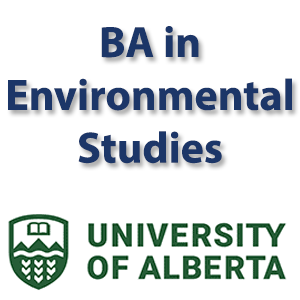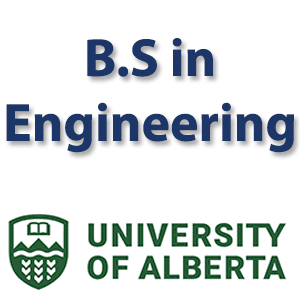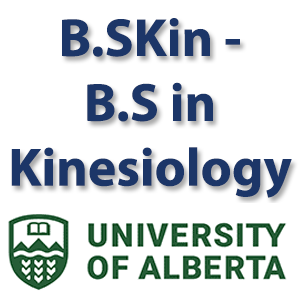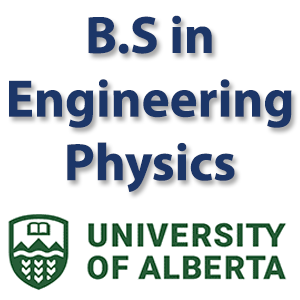Our university
The University of Calgary is Canada’s entrepreneurial university in this country’s most enterprising city. A leader in startup creation and research innovation – with groundbreaking discoveries in child health, quantum computing and water sustainability – we’re transforming bold ideas into real-world impact. Curious and determined, our 38,000 students are using hands-on learning to forge bright futures for all. Ready to take the leap? Start something at UCalgary.
Download our latest fact sheet
- Founded in 1966 with origins in the early 1900s
- 4 campuses Main Campus, Downtown Campus, Foothills, and Spy Hill Learn more
- 14 faculties with 250+ programs to choose from Learn more
- 38,000+ students 30,000+ undergraduate students and 7,700+ grad students
1,850 academic staff – actively engaged in research, scholarship and teaching
4,500+ non-academic staff – focused on operating the institution and delivering against our core mandate
230,000+ alumni – 2/3 live, work and raise families in Calgary.
Governance and leadership
From formal governing bodies to dynamic leadership groups across campus, our community takes an active role in running the university.
Governing bodies
UCalgary follows a shared governance model. Shared governance includes extensive consultation and respect for a diversity of views, which is reflective of the university’s culture. A number of groups participate at various levels of governance at the university and bring the voice and perspective of the university’s stakeholders to institutional decision-making. Under shared governance, different individuals and groups are given primary authority for decisions within their area of oversight, and collaboration, consultation and cooperation are hallmarks of university decision-making. The Board of Governors, General Faculties Council and Executive Leadership Team work together within their roles and accountabilities to govern the university at the highest levels.
Board of Governors
The Board of Governors oversees the management and operation of the university’s business and affairs. The Board oversees the development of the overarching strategic direction and policy framework for the university, ensures that the university’s activities are consistent with its mandate, oversees the efficient and effective use of financial and human resources to meet institutional objectives and ensures that institutional risk is appropriately managed. These duties are mainly discharged through oversight of the president and senior officers, who are responsible for the management and day-to-day operation of the university. In this way, the Board assumes responsibility for the stewardship of the university. The Board derives its power mainly from the Alberta Post-Secondary Learning Act and shares governance of the university at the highest level with the General Faculties Council and the Executive Leadership Team. The Board is a corporation named ‘The Governors of the University of Calgary’.
Learn more about our Board
General Faculties Council
The General Faculties Council (GFC) is responsible for the academic affairs of the university and has general supervision of student affairs, subject to the authority of the Board of Governors. Within its role, the General Faculties Council has primary responsibility for areas such as the academic and research plans, academic quality (pedagogy, learning and scholarship/research), programming, curriculum and methods of instruction, academic standards, research, and academic policies and awards. The General Faculties Council also provides input, advises and makes recommendations on institutional priorities, plans and policies. The General Faculties Council derives its power from the Alberta Post-Secondary Learning Act and from the Board of Governors. The General Faculties Council acts as the voice of the academic community, providing vision and leadership to the academic community and bringing expertise and academic perspective to the governance of the university.
Learn more about the GFC
University leadership
The Board of Governors oversees the management and operation of the university’s business and affairs. The Board oversees the development of the overarching strategic direction and policy framework for the university, ensures that the university’s activities are consistent with its mandate, oversees the efficient and effective use of financial and human resources to meet institutional objectives and ensures that institutional risk is appropriately managed. These duties are mainly discharged through oversight of the president and senior officers, who are responsible for the management and day-to-day operation of the university. In this way, the Board assumes responsibility for the stewardship of the university. The Board derives its power mainly from the Alberta Post-Secondary Learning Act and shares governance of the university at the highest level with the General Faculties Council and the Executive Leadership Team. The Board is a corporation named ‘The Governors of the University of Calgary’.
Learn more about our Board
President and Vice-Chancellor
The President and Vice-Chancellor is the chief executive officer of the university, providing institutional leadership and oversight, developing and driving our mission, strategies and advancement, and acting as our chief advocate, principal ambassador and principal voice.
Learn more about our president
Executive Leadership Team (ELT)
The University of Calgary is committed to student success, to excellence in scholarship, research and creativity, interdisciplinary teaching and research, and to return to community. The President’s Executive Leadership Team ensures that these principles govern our priorities and influence our strategic allocation of resources.
Learn more about ELT
Chancellor
The Chancellor is a passionate ambassador for higher education who represents the university at ceremonial occasions, presides over all degree-conferring ceremonies, chairs the University of Calgary Senate, works to enhance the university’s position in the community, represents the public’s interest at the university, and encourages the pursuit of excellence and the recognition of the university’s essential role in society.
Learn more about our Chancellor
Student and postdoctoral scholar leadership
Students’ Union
The Students’ Union (SU) is an advocate, activist, and representative of undergraduate students at UCalgary and serves to protect undergraduate student interests with the university and all levels of government.
Visit the SU website
Graduate Students’ Association
The University of Calgary Graduate Students’ Association (GSA) represents the collective interests of graduate students to governing bodies of the university, all levels of government and the surrounding community of Calgary.
Visit the GSA website
Postdoctoral Association
The Postdoctoral Association (PDAC) provides a collective voice for the issues of particular relevance and interest to postdoctoral scholars and serves as a liaison with the administration of the university. The group also helps promote and develop training and career counselling for postdoctoral scholars.
Visit the PDAC website
Faculty and staff organizations
The Faculty Association of the University of Calgary (TUCFA)
TUCFA is the association of academic staff members at the University of Calgary. Established under the Alberta Post-Secondary Learning Act, TUCFA is the exclusive bargaining agent for academic staff at UCalgary.
Learn more about TUCFA
Alberta Union of Provincial Employees (AUPE)
AUPE Local 052 represents the thousands of non-academic support staff employed at the University of Calgary. Local 052 is part of the education sector of the AUPE organization.
Learn more about AUPE Local 052
Management and Professional Staff (MaPS) Executive Committee
MaPS Executive Committee members are elected representatives of management and professional staff on campus. The group works collaboratively to represent MaPS employees, to foster a culture of partnership in the leadership of the university and to promote a positive and productive work environment for MaPS employees.
Learn more about the MaPS executive
Our faculties
30,000+ students. 1,800+ academic staff. 15 faculties. All bringing teaching, learning and research to life.
Faculty of Arts
Climate change. Homelessness. The global economy. Unraveling the intricacies of history and language. Students and faculty at the Faculty of Arts explore these issues, and many more challenges facing our society today, in meaningful ways. It is the largest faculty at UCalgary, offering more than 50 programs to choose from. Programs and research are done through 14 different departments and schools.
Dean: Aoife Mac Namara
Go to Faculty of Arts website
Cumming School of Medicine
The Cumming School of Medicine is committed to preparing dynamic physicians and scientists for the future of health through its educational and research programs. The school is credited for breakthrough research in a number of areas such as brain and mental health, chronic diseases and cardiovascular sciences.
Dean: Todd Anderson
Go to Cumming School of Medicine website
School of Architecture, Planning and Landscape
The School of Architecture, Planning and Landscape focuses on education and research in the areas of architecture, planning and landscape architecture. It provides a high-quality, integrated educational experience immersed in practice- and community-based scholarship, and finds answers to complex challenges related to the spaces in which we live and interact.
Dean: John Brown
Go to School of Architecture, Planning and Landscape website
Faculty of Graduate Studies
The mission of the Faculty of Graduate Studies is to foster excellence, creativity, and innovation in graduate education and research at the University of Calgary.
Dean: Tara Beattie
Go to Faculty of Graduate Studies website
Haskayne School of Business
The Haskayne School of Business is a leader in business research and prioritizes meaningful engagement within the business community. Haskayne has nearly 4,000 students enrolled in one undergraduate program, six graduate programs, certificate and diploma programs and executive education courses. To further prepare the next generation of leaders, Haskayne has established specialized centres in key fields including entrepreneurship and innovation, social entrepreneurship, advanced leadership and real estate.
Dean: Gina Grandy
Go to Haskayne School of Business website
Faculty of Kinesiology
Through its education and research programs, the Faculty of Kinesiology is working to create a healthier society by preventing injury, reversing unhealthy trends like obesity and diabetes and by helping people to return to the activities they enjoy as quickly as possible after injury or disease.
Dean: Nick Holt
Go to Faculty of Kinesiology website
Faculty of Law
The Faculty of Law offers top-notch JD and graduate programming, including joint programs with the Haskayne School of Business and the School of Public Policy at the University of Calgary, as well the International Energy Lawyers Program, a combined JD program with the University of Houston Law Center. Students are well positioned for success given the school’s proximity to top legal academics and experts in the field, and with Calgary being home to the greatest concentration of major corporate head offices in Canada.
Dean: Laura Spitz
Go to Faculty of Law website
Faculty of Nursing
Programs at the Faculty of Nursing prepare graduates to thrive and lead in these exciting times of complexity and change. Through innovations in teaching approaches and through programs of nursing research, the faculty transforms students into the next generation of health-care leaders.
Dean: Catherine Laing
Go to Faculty of Nursing website
Faculty of Nursing (Qatar)
The University of Calgary in Qatar (UCQ) offers innovative bachelor and masters programs in nursing and is helping build capacity for Qatar’s healthcare system. While educating the future nurses of Qatar, UCQ is also engaging individuals, families and communities in activities designed to enhance family capacity to attain and improve health.
President: Hala Sultan Saif Al Easa
Dean: Janet Rankin
Go to Faculty of Nursing (Qatar) website
Schulich School of Engineering
The Schulich School of Engineering offers seven undergraduate programs and specializations, and graduate programs are offered through the school’s five academic departments. Located in the energy and engineering capital of Canada, the Schulich School of Engineering has close ties to the community and key industry partnerships that provide extensive opportunities for research and student internships. The engineering internship program at the school is the largest of its kind in western Canada.
Dean: Anders Nygren
Go to Schulich School of Engineering website
Faculty of Science
The Faculty of Science at the University of Calgary has more than 4,000 students and 200 faculty members spanning six departments. The faculty offers innovative programs, hands-on research opportunities, access to cutting-edge laboratories, linkages to a global network of alumni and a stimulating environment where students can thrive.
Dean: Kristin Baetz
Go to Faculty of Science website
Faculty of Social Work
The Faculty of Social Work offers graduate and undergraduate education. The programs are delivered at the three campuses – Calgary, Central and Northern Alberta and Southern Alberta – as well as in a flexible delivery format, tailored to the needs of working professionals. The faculty also works with social work practitioners, decision makers, and policy makers to create best practice and policy initiatives through its research and partnerships.
Dean: Ellen Perrault
Go to Faculty of Social Work website
Faculty of Veterinary Medicine
The University of Calgary Faculty of Veterinary Medicine (UCVM) is dedicated to meeting the animal and public health needs of Alberta through its education, research and outreach programs. UCVM offers the Doctor of Veterinary Medicine (DVM) program, supervision leading to graduate degrees in Veterinary Medical Sciences, and advanced clinical training programs (internships, fellowships, and residencies). The faculty is also committed to professional development programs for the veterinary community.
Dean: Renate Weller
Go to Faculty of Veterinary Medicine website
Werklund School of Education
The Werklund School of Education recognizes that teaching is one of the most important and challenging professions in society. As such, the Undergraduate in Education program focuses on teachers as experts of learning in specializations for the elementary and secondary routes. The school also hosts the largest graduate studies program at UCalgary, with over 1300 graduate students.
Acting Dean: Amy Burns
Go to Werklund School of Education website
School of Public Policy
The School of Public Policy’s vision is to drive policy discourse with relevant research, outreach and teaching. It provides a practical, global and focused perspective on public policy analysis and practice.
Director: Martha Hall Findlay
Go to the School of Public Policy website
Explore 50 years of change
Fuel, grit, energy
Being Calgarian is about more than location. It’s a feeling that in this place, you can build and do anything. Calgary has always been a place to “git ‘er done,” and together, we’ve been getting it done for more than 50 years.
Transforming together
As the city of Calgary has experienced exponential growth and ever-increasing diversity, so too has the university’s size and makeup grown dramatically. You can see this growth and evolution everywhere you look – in the people, the landscape, the architecture and the culture. And it’s all linked by a shared sense of entrepreneurialism and innovation.
Changing face of campus
Springboard to the Future
For half a century, we’ve created and grown a community of thinkers, leaders and drivers. Now, we’re poised for another half-century of forward thinking and forward motion.
Diversity in Growth
With a little more than 4,000 full-time students in 1966 to an enrollment of more than 30,000 students in 2016, UCalgary has grown by leaps and bounds. Nowhere is that growth better reflected than in the faces of the campus population, which becomes more diverse and international with each passing year.
R.B. Miller Field Station established
“Early in May of 1950, Mac and I, in Gertrude II, laden with lumber, tools, and tents, set out for the location we had chosen late the previous fall. This was Gorge Creek…”
In his book, A Cool Curving World, Dr. Richard Birnie Miller, founder of the University of Calgary’s R.B. Miller Station, describes the beginnings of a world-class ecological research institution during the spring of 1950.
Born in Weyburn, Sask., Miller graduated from the University of Toronto and went on to become a full professor and Head of Zoology at the University of Alberta, a position he held from 1956 until his untimely passing just before his 44th birthday. He called himself “a biologist who has chosen the out-of-doors as his principal laboratory.” His pioneering trout research led to important realizations about the survival of hatchery-raised fish in streams and to the development of one of Canada’s oldest field stations.
“We did select a stream and we did learn what happened to the hatchery fish; thus the Alberta Biological Station was born.”
Operation of the R.B. Miller Station was originally overseen by the University of Alberta and transferred to the University of Calgary in 1991. Now, it and the Barrier Lake Field Station in the Kananaskis Valley comprise the university’s Kananaskis Field Stations.
No longer a tent and tarp campsite, today’s R.B. Miller Station continues to be favoured by researchers for its isolated location and proximity to wild animal populations. Over the past 50 years, many long-term studies have been done on trout, Columbian ground squirrels, Rocky Mountain bighorn sheep, pikas, songbirds and blue and ruffed grouse.
Our strategy statement
The University of Calgary’s remarkable trajectory reflects audacious growth and entrepreneurial spirit. Our students, postdocs, faculty, staff, and community have built a bold university in less than 60 years.
What is next? How do we look beyond tomorrow?
We face universal challenges. But we are confident we can achieve global impact while remaining true to our Calgary community and values.
The Ahead of Tomorrow Strategic Plan shapes our journey toward 2030, considered through long-term, foundational commitments to: Equity, Diversity, Inclusion, and Accessibility; Indigenous Engagement; Mental Health; Global Engagement; and Sustainability.
Based on our unique approach to teaching and learning, research excellence, community partnership, and campus operations, this Strategic Plan and our foundational commitments together lay a mosaic for the future.
Implementation Plans
Any strategy is only as good as our follow-through. As part of the Strategic Plan, four implementation plans have been created to cover shorter time periods. These three-year plans expand on how the university will deliver approved initiatives, meet set goals and build out roadmaps of enabling activities that are needed to deliver on Ahead of Tomorrow.
The Academic Innovation Plan, Research and Innovation Plan, Community Plan, and Operations Plan are integrated approaches that address the strategies under Ahead of Tomorrow.
Program Options and General Info
What opportunities are available?
Choose from 5 types of programs: Exchange Programs (where you become a student at one of our partner universities for one or more full semesters), Group Study Programs (where a UCalgary professor takes a group of students abroad in an experiential learning ‘classroom on the road’, typically 3-6 weeks long), Research (research placements are offered by our partner universities), Internships (internship placements are offered by vetted external organizations; these international internships are different from the internships offered by Career Services’ co-op program), and UCalgary Global Online (virtual options for exchange, research, internship, and more).
Please watch Global Learning 101 for more details about these program types.
Where can I go? What can I study?
We are proud to have Study Abroad programs available on every continent (except Antarctica)! With programs in 45+ countries, and over 200 exchange programs & 30 group study programs annually, we can almost guarantee that we can get you where you want to go. Use our online program finder or browse through the resource materials at our office to get started. As for your study options – The courses you take abroad can contribute towards your major, minor, and/or electives. Our online program finder can help narrow down your search for studying abroad in a specific academic field. Your academic advisor at UCalgary will also be a valuable resource in confirming how the courses you take abroad will come back to your degree.
What if I want to go somewhere that isn’t an option offered by UCalgary?
It may be possible to study abroad at a non-partner university. You must first speak with your academic advisor for approval and obtain a Letter of Permission from your faculty, then apply as a visiting student to the university of your choice. Note that as our office is only familiar with partner universities, we cannot offer any support in arranging courses, housing, visas, etc.; you will be doing this independently. As well, you will be responsible for paying tuition to your chosen university at their assessed international student rates.
Eligibility and GPA
Who can participate?
UCalgary Global Learning programs are designed primarily for full-time undergraduate students; it is required that you complete 10 courses (1 year) of post-secondary education before your departure date.
However, there are some options for graduate students. Many of our Group Study Programs are also open to Open Studies and/or Visiting students from other institutions.
What GPA do I need?
Your culumative GPA is an important indicator of your ability for success in a foreign academic environment. Good academic standing (typically defined as 2.0 or above) is required for all programs. Some programs require higher GPAs (such as 2.7 or 3.0) while others may be flexible in accepting students with lower GPAs. If you have any concerns about your GPA, please speak with a Global Learning Advisor – we can support you in finding a program that’s a good fit for your academic needs.
What other eligibility requirements should I be aware of?
Some programs may be restricted to students in a certain year of their UCalgary studies, or may have requirements for a level of skill in a second language. There may be cases where only students from certain faculties/majors are eligible, or cases where Open Studies students are not eligible. Each program is different, so please make sure that you have read the program page carefully before applying.
When To Go Abroad During Your Degree
You can apply to go abroad as early as the summer after your first year. Most students choose to go abroad between their second and fourth year. It is possible to go abroad as late as your final semester before graduation; this requires approval from your UCalgary academic advisor, and may result in delaying your convocation date due to the time needed for your grades to be processed after your international program is complete. (However, studying abroad during your final semester can open up networking opportunities should you wish to continue into a graduate program or a working holiday abroad!)
Overall, please just keep in mind that the earlier you start planning, the easier it will be to fit one (or more) international experiences into your degree.
Application Deadlines
The information below is a typical timeline and should be treated as a general guide only. Please make sure that you have reviewed the webpage for the programs that you wish to apply for, as the application deadlines may vary.
For exchange programs
November 1: Applications open for exchanges in the upcoming year
Early January: Priority Deadline for exchange applications
After all priority applications have been reviewed/accepted, any programs that still have space available for more students will have applications re-opened on a first-come, first-considered basis.
Generally, all Summer/Fall exchange spaces will be finalized by mid-March, and all Winter exchange places will be finalized by mid-October. However, if the remaining spaces are filled sooner, applications will be closed sooner. It is highly recommended to apply early!
For Group Study Programs
October 1: Applications open for group study programs in the upcoming year
November 15: Priority Deadline for group study applications
After all priority applications have been reviewed/accepted, any programs that still have space available for more students will have applications re-opened on a first-come, first-considered basis.
Generally, all Spring/Summer group study program spaces will be finalized by late December or early January. However, if the remaining spaces are filled sooner, applications will be closed sooner. It is highly recommended to apply early!
For research & internships
November 1: Applications open for research & internships in the upcoming year (note: some programs open for early recruitment in October)
Deadlines may vary from mid-November to mid-February, depending on the research/internship placement. Please consult each program webpage for details.
Costs and Budgeting
All students going abroad on a University of Calgary program pay tuition to the University of Calgary and remain eligible for student loans and scholarships. Specific costs are listed on every program page on our website, so please ensure you read the page of the program(s) you are interested in for more detailed information.
What do Exchange/Individual Programs cost?
Exchange students are responsible for airfare, food, housing/rent, school supplies, any immigration costs (such as study permit application fees), and personal expenses. Students attending research or internship placements may pay some or all of these expenses; stipends may be available, depending on the program. Tentative costs are listed on each program page on our website, but these can vary greatly depending on your personal spending choices. Our advisors can connect you with study abroad alumni for support in building a realistic budget.
What do Group Study Programs cost?
Group Study Programs run on a cost-recovery basis and are designed with affordability in mind. The Study Abroad Office manages most of the in-field logistics (such as accommodation and transportation) and this is a sum you will pay to the Study Abroad Office directly. However, costs such as airfare, meals, and personal expenses are generally the responsibility of the participants. Each program page on our website has a Student Cost Summary available – this is a comprehensive breakdown showing exactly what you can expect to pay for the program.
Funding
All students going abroad on a University of Calgary program remain eligible for student loans and scholarships. In addition, you can apply for UCalgary funding opportunities specific to study abroad, such as the International Study Travel Grant, the Undergraduate International Research Grant, awards offered by your faculty or department, or external funding. Check out our funding page for more info!
Study Abroad Funding Page
Academic Credit
Group Study Programs
All GSP courses are led by UCalgary professors and calendared in the UCalgary course system. For these courses, you will earn direct UCalgary credit (not transfer credit).
Exchange Programs
For courses taken on exchange, you will earn transfer credit. How exactly the courses will transfer back to your degree will vary, and may not be fully determined until after you return from exchange and provide course outlines to your academic advisor. Any courses that do not transfer to a UCalgary equivalent will earn you a general transfer credit.
Research Programs
Some research programs are not credit-bearing, while others may offer academic credit. If you will receive a transcript from your host institution for your research, it is your responsibility to discuss with your academic advisor about whether credit can be awarded, as it is not always guaranteed.
Internship Programs
Most internship programs are not credit-bearing. The exception to this is The Washington Center internship program.
Language of Instruction
You can study in English in many non-English speaking countries. Many programs also offer a variety of language learning options at a basic or intermediate level, and some require knowledge of the local language. The language of instruction is shown on each program page; check this to ensure that courses you are interested in taking are instructed in the language you prefer. Some of our exchange partner universities also offer intensive language training before or during the semester to improve your language skills. By planning ahead, you could start language training at UCalgary or through a Group Study Program, and enhance it through immersion experiences at a host university later on in your degree!
Health & Accessibility Concerns
The biggest point to remember is that you’re not alone in your journey and, in most cases, aren’t the first individual who has studied abroad with a similar situation and been able to have an incredible, transformative experience. We’re here to help you ensure that you’re set up for success abroad.
Do I need to disclose physical/mental health or accessibility needs in my application?
In order to protect your right to confidentiality in the selection process, Study Abroad applications do not require disclosure of any medical or accessibility needs. Once selected for your program and at the stage of registering (confirming your participation), you will be asked to submit a form with information on your physical/mental health needs. However, what or how much you choose to disclose is always up to you.
How can my health or accessibility needs be supported abroad?
Some programs and locations may have reduced (or greater) accessibility & supports than what is available at UCalgary; our advisors can work with you to find the best program to fit your needs. While you are never expected to disclose personal information, we encourage an open line of communication if you are willing to do so, as this helps us to best support you.
Historically we have worked with students who suffer from mental health issues like depression and anxiety, to physical health issues like those recovering from an injury or requiring mobility aides. We also support students who need exam or academic accommodations, and those with chronic illnesses or auto-immune diseases such as Crohn’s disease and ulcerative colitis, chronic pain conditions, diabetes, asthma, celiac disease, food allergies, etc.
Do I need any vaccines, medications, etc. to travel?
Before traveling abroad, you may need specific immunizations depending on your travel destinations, the length of your stay, and whether or not your routine immunizations are up-to-date. Since it can take several weeks for an immunization to protect you against a disease, you should consult a travel health clinic or your family physician 2-3 months before your program departure. You can see some tips and recommendations for various countries on the travel advice and advisories here.
Resources for LGBTQ+/GSD Individuals
Do I have to disclose my gender when applying?
When you first start your Study Abroad program application, you will be required to declare your sex as M, F, or X (as per Canadian passport standards). There is also space where you may indicate your preferred name and/or pronouns, although this is optional in order to protect your right to confidentiality in the selection process. You’re welcome to fill this out in the application, or simply bring it up in discussion with a Study Abroad advisor; our office is a safe space and we want you to feel comfortable using whatever language you prefer.
How can my LGBTQ+/GSD identity be supported abroad?
At your own discretion, we welcome you to speak with one of our advisors about any concerns you may have, such as accessing hormone therapy abroad, which programs/places might offer more support for LGBTQ+/GSD individuals, or safely studying abroad in regions that may not be as tolerant of gender and sexual diversity. Our goal is to make sure all students can have an amazing and transformative experience abroad; from both a cultural and medical perspective, our advisors want to help you find a program that you are comfortable and excited to participate in.
Where possible, the “Additional Information” section on each program page has also been updated with relevant details. For instance, many of our exchange program pages have information about supports or UCalgary Q Centre equivalents available at these host universities.
Banking Abroad
Money diversification is important. Having a variety of available funds is important if a payment option doesn’t work, is lost, or stolen. The more ways you have of carrying and disbursing your money, the more prepared and safer you’ll be! While travelling, it’s recommended to distribute your funds throughout your person rather than all in one wallet. A small amount of local currency is also useful to have on-hand for when you first arrive.
We strongly advise that you do not rely exclusively on either bank machine cards or credit cards. Credit cards are not always honoured internationally, fraud is prevalent, and some countries prefer to work exclusively with cash. Check with your bank for the availability of ATM services in other countries and whether you require a new personal identification number (PIN) for overseas access to your account. In the event of possible theft, it’s also a good idea to protect yourself by carrying (and by leaving with someone you trust at home) copies of your important documents, such as credit card numbers and expiry dates, as well as making note of phone numbers to report a stolen card.
Passports and Citizenship
A passport is required in order to travel on an international study program. Current guidelines from the Canadian government state that your passport must be valid at least 6 months past the date of your return to Canada. Your passport details will be collected by your Study Abroad advisor well in advance of your departure, so you should be sure to apply for or renew your passport early – even at the time of applying to study abroad, if possible! Your passport may also be required in order to apply for student visas/permits, which will take additional time (anywhere from 3 days to 3 months, depending on the country).
If you are a dual citizen with multiple passports
When it comes to student visas and foreign immigration processes, there may be advantages to travelling on one type of passport over another. However, Canadian dual citizens are now required to return to Canada on their Canadian passport. Please speak with a Study Abroad advisor early on in the program application process to discuss.
If you are an international student without a Canadian passport
There may be restrictions on which countries you are legally permitted to study abroad in. Please speak with a Study Abroad advisor early on in the program application process to discuss.
Studying abroad with your friends/partner/etc.
Yes, you can Go Abroad Together – click here to watch a recorded info session where we talked about all the different options and introduced several past students to share their experiences studying abroad together! A few common situations are outlined below with more information. In any case, we strongly recommend speaking with a Global Learning Advisor early in the application process, both to discuss the specifics of your situation as well as to confirm that there is enough space to accommodate multiple participants on your program of choice.
If you and your friend/partner are both UCalgary students
In your application, please make note of both of your names and that you are intending to go abroad together (you can include this in the “course list” section of the application, as there is no word limit in this section). For exchanges, this will not impact your application to your top schools, but it helps your advisor know to check in with you when it comes time for any competitive selection. For Group Study programs, student applications are evaluated individually by the professor, and there is always a risk that one of you will be approved for a program and the other not approved; if this happens, you will be contacted to discuss whether you are still interested in “going solo” or if you prefer to apply together to a different program.
If your friend/partner is a student at a different university
This is no problem for Group Study programs; your friend/partner will simply have to apply to become a visiting student at UCalgary in order to register for the program. However, exchange programs can only take UCalgary degree-seeking students, so please meet with one of our advisors – for example, if the university you wish to apply for exchange to also has an exchange partnership with your friend/partner’s university, they may be able to apply for exchange through their own university while you apply through UCalgary.
If your friend/partner is going with you but not as a student
The structure of Group Study programs means that they cannot accommodate extra persons “tagging along” with the program. There is more possibility with exchange programs – as you arrange your own housing/travel independently, you may be able to coordinate living with your friend/partner, such that they can be living or working in your host city while you are attending school. Additionally, if your partner is a Canadian under the age of 30/35, they may also be eligible to apply for a Working Holiday through International Experience Canada in select countries. If you are seeking specific resources, such as a host university that offers daycare, please speak with an exchange advisor.



